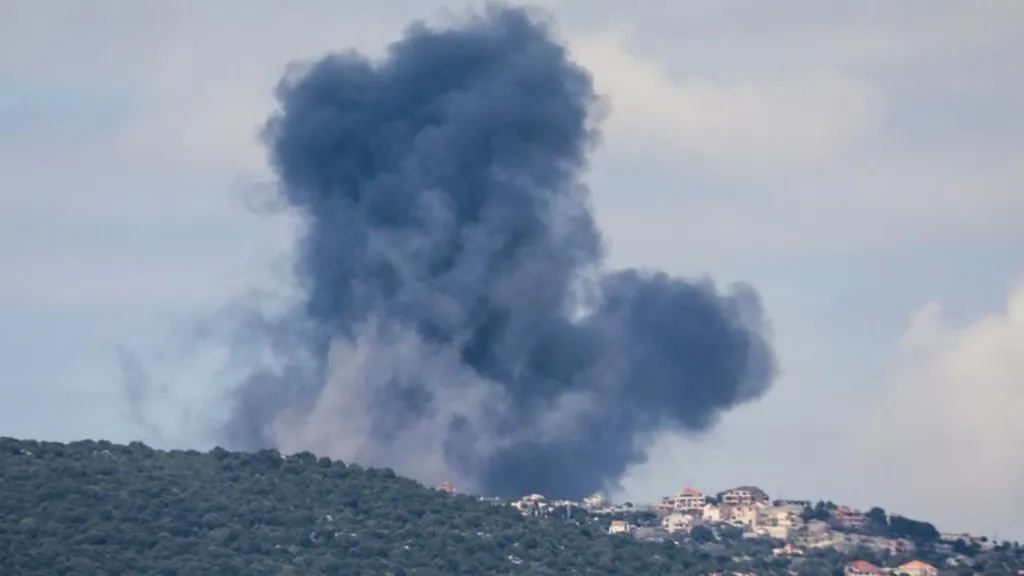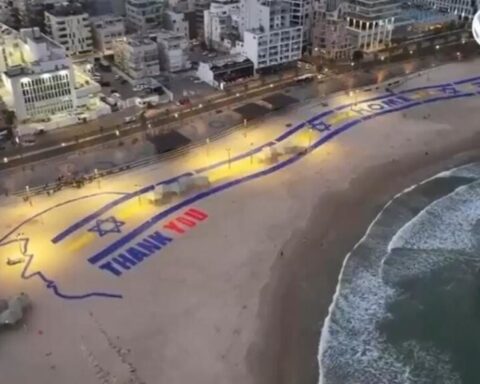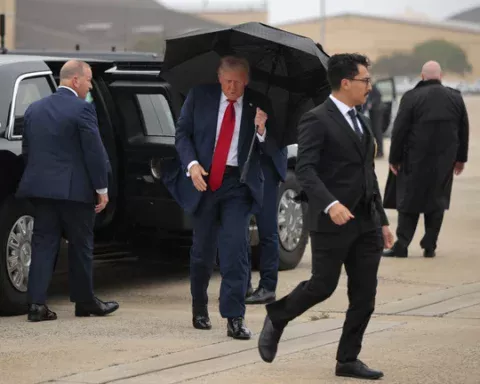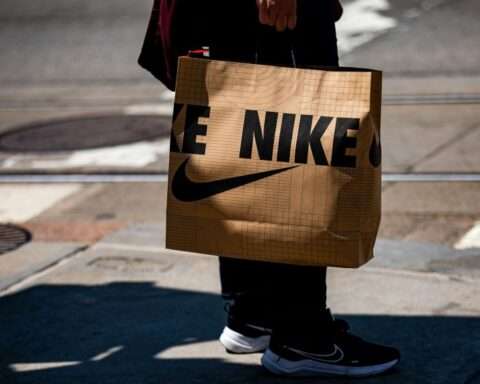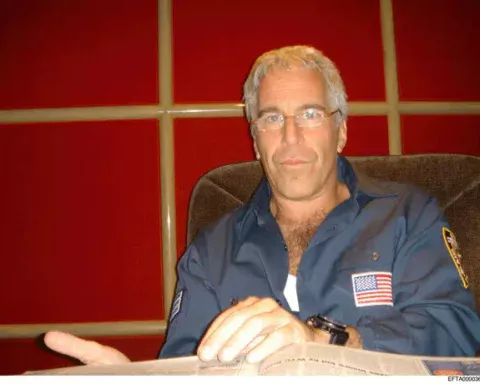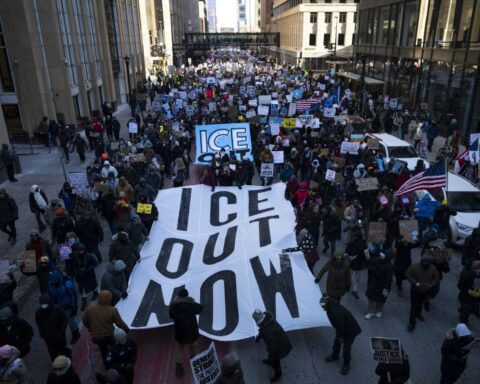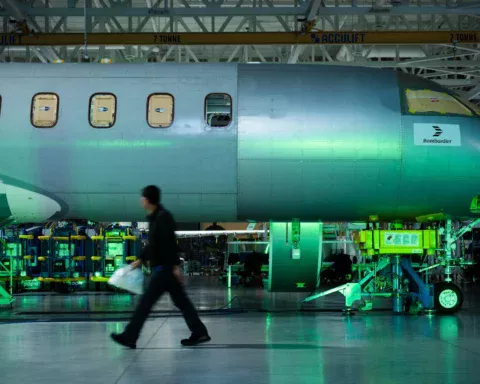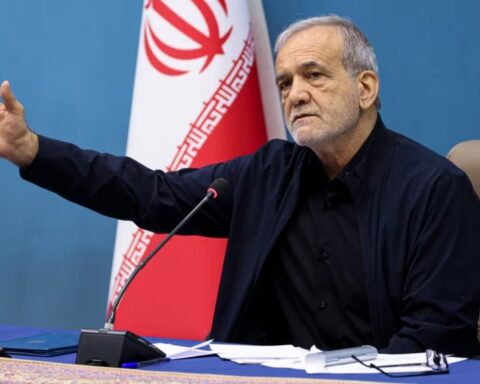In a sharp escalation of hostilities, Israel launched airstrikes on southern Lebanon after the first rocket attack from Lebanese territory since a fragile ceasefire took hold in November 2024, shattering months of relative calm along the volatile border.
The Israeli Defense Forces (IDF) struck dozens of Hezbollah targets, including rocket launchers and a command center, after three rockets were fired into northern Israel on March 22, 2025, with two intercepted over the town of Metula.
The strikes, which killed two people—including a child—and injured eight others, according to Lebanon’s health ministry, have reignited fears of a broader conflict. Hezbollah denied responsibility, but Israel’s forceful response signals a determination to enforce the ceasefire’s terms, leaving the region teetering on the edge of renewed violence.
It’s March 22, 2025, and the morning’s rocket fire marked a jarring end to a truce brokered by the United States and France, which had halted 14 months of cross-border clashes between Israel and Hezbollah. The ceasefire, implemented in November, aimed to allow displaced residents on both sides—60,000 Israelis and over 1.2 million Lebanese—to return home.
However, Israel’s near-daily strikes on alleged Hezbollah targets and its continued occupation of five southern Lebanese positions had already strained the agreement, per CNN. Today’s events, unfolding just hours before this article’s publication at 6:40 PM +04, underscore the fragility of peace in a region scarred by decades of conflict, with both sides now pointing fingers over who shattered the truce.
A Ceasefire Under Strain: The Prelude to Violence
The November 2024 ceasefire was a hard-won diplomatic achievement, ending a war that killed over 4,000 in Lebanon—many civilians—and displaced millions, while claiming over 80 Israeli soldiers and 47 civilians, according to Lebanese and Israeli authorities cited by the BBC.
Hezbollah’s rocket campaign, launched in solidarity with Hamas after its October 7, 2023, attack on Israel, had escalated into a full-scale Israeli offensive, including airstrikes and a ground invasion that decimated Hezbollah’s leadership. The truce required Hezbollah to withdraw weapons from southern Lebanon, Israeli troops to pull back, and the Lebanese army to secure the border—an arrangement that faltered almost immediately.
Israel accused Lebanon of failing to curb Hezbollah’s rearmament, justifying its ongoing strikes and troop presence as necessary for border security, per Fox News. Lebanon, in turn, condemned Israel’s actions as violations of sovereignty, with Prime Minister Nawaf Salam warning against being dragged “into a new war,” as reported by NBC News.
The Lebanese military found and dismantled three “primitive rocket launchers” north of the Litani River after Saturday’s attack, but it remains unclear who fired the rockets, with Hezbollah disavowing involvement. This ambiguity only deepened the tension, setting the stage for Israel’s retaliatory move.
The Morning Strike: Rockets Rain on Metula
The day began with sirens blaring in Metula, a northern Israeli town near the Lebanese border, as three rockets streaked across the sky. The IDF intercepted two, while the third’s fate remains unspecified in initial reports from The New York Times.
No casualties were reported in Israel, but the attack—the first since the ceasefire—sent a shockwave through a nation already on edge. Prime Minister Benjamin Netanyahu, addressing the nation, vowed a robust response, ordering the IDF “to act forcefully against dozens of terror targets,” according to CNN. The rockets, though limited in scope, pierced the uneasy calm that had prevailed since November, reigniting fears among the 60,000 Israelis still displaced from the north.
Hezbollah’s denial added a layer of complexity. The Iran-backed group, in a statement covered by the BBC, claimed it had “no link” to the attack and reaffirmed its commitment to the truce. Israeli Defense Minister Israel Katz, however, dismissed such assurances, holding the Lebanese government accountable and promising to restore security to the Galilee region, per Fox News. The IDF’s swift identification of Hezbollah targets suggests a premeditated readiness to strike, reflecting a broader strategy to deter any perceived threat, regardless of the culprit.
Israel Strikes Lebanon After First Rocket Attack Since Ceasefire
Israel’s retaliation was immediate and decisive. By midday, IDF warplanes pounded southern Lebanon, targeting what it called Hezbollah rocket launchers and a command center, as detailed by NBC News. Lebanon’s health ministry reported two deaths—a child among them—and eight injuries, with strikes hitting densely populated areas near the border. Witness accounts to CNN described the bombardment as “violent and widespread,” a stark reminder of the war’s devastating toll just months prior. This subheading echoes the article’s title, spotlighting the tit-for-tat violence that has once again thrust the region into crisis.
The strikes drew swift condemnation from Lebanese leaders. President Joseph Aoun, who took office in January, instructed the army to investigate and protect citizens, while Salam accused Israel of exploiting the rocket fire as a “pretext” to escalate, per Reuters. The United Nations peacekeeping force, UNIFIL, expressed alarm at the “possible escalation,” urging both sides to honor their commitments, according to the BBC. Yet, Israel’s actions align with its stated policy: to prevent Hezbollah from regrouping, a stance Netanyahu reiterated as he promised to safeguard northern communities.
Hezbollah’s Shadow: A Fragile Truce Tested
Hezbollah’s role—or lack thereof—looms large over this flare-up. The group’s arsenal, though battered by Israel’s 2024 campaign, remains a potent threat, with the IDF claiming Saturday’s targets were tied to its infrastructure, per Fox News. Hezbollah’s denial, coupled with its history of border attacks, fuels Israeli skepticism. The New York Times notes that the ceasefire’s terms—disarming Hezbollah south of the Litani River—have been unevenly implemented, with Israel citing Lebanese inaction as justification for its continued military presence. Lebanon counters that Israel’s occupation of five border points violates the deal, a grievance echoed by Salam in CNN interviews.
The rocket attack’s origins remain murky. The Lebanese army’s discovery of rudimentary launchers suggests a possible third-party provocation, but Israel’s response sidesteps such nuances, treating any breach as a Hezbollah-linked threat. This dynamic reflects a deeper impasse: Lebanon’s fragile government struggles to assert control over Hezbollah, while Israel leverages every incident to reinforce its security buffer, per NBC News. The result is a ceasefire that exists more on paper than in practice, teetering with each new violation.
Global Eyes on a Powder Keg
The international community watched with bated breath as the strikes unfolded. The U.S., a key ceasefire broker, has yet to issue a formal statement as of 6:40 PM +04, but past comments from State Department spokesperson Matthew Miller, cited by CNN, suggest a cautious optimism that the truce could hold despite “violations.” UNIFIL’s call for restraint underscores the global stakes: a full-scale war could destabilize the Middle East further, drawing in Iran and other regional players, per the BBC. European leaders, too, have voiced concern, with the EU’s foreign policy chief urging de-escalation, according to Reuters.
For residents on both sides, the human cost is immediate. In Lebanon, the strikes revive memories of last year’s carnage, with over 1.2 million still displaced, per NBC News. In Israel, northern communities like Metula remain ghost towns, their residents wary of returning amid sporadic threats. The New York Times quotes a Metula evacuee: “We want peace, but not at the cost of our safety.” This sentiment drives Israel’s hardline stance, even as it risks plunging the region back into chaos.
A Cycle of Retribution: What Lies Ahead?
Saturday’s events signal a perilous road ahead. Israel’s strikes, while targeted, send a clear message: any breach will meet a disproportionate response, a tactic honed over decades of conflict with Hezbollah, per Fox News. Yet, the lack of clarity over the rocket attack’s perpetrators complicates the narrative. If not Hezbollah, then who? Analysts suggest rogue factions or even Palestinian groups in Lebanon could be responsible, a theory floated by The New York Times, but Israel’s focus remains singular: neutralize the threat at its source.
Lebanon, meanwhile, faces an impossible bind. President Aoun’s push to disarm non-state actors like Hezbollah, reported by the BBC, lacks the muscle to succeed without international backing—backing that hinges on curbing Hezbollah’s influence, a tall order given its deep roots. As of March 22, 2025, the region stands at a precipice, with each side accusing the other of bad faith. This article, based on reporting from BBC, CNN, NBC News, Fox News, The New York Times, and other outlets, captures a moment of rupture, where a hard-fought ceasefire hangs by a thread.
Focus Keywords: Israel Lebanon strikes, rocket attack ceasefire, Hezbollah Israel conflict, March 2025 escalation, Middle East tensions




